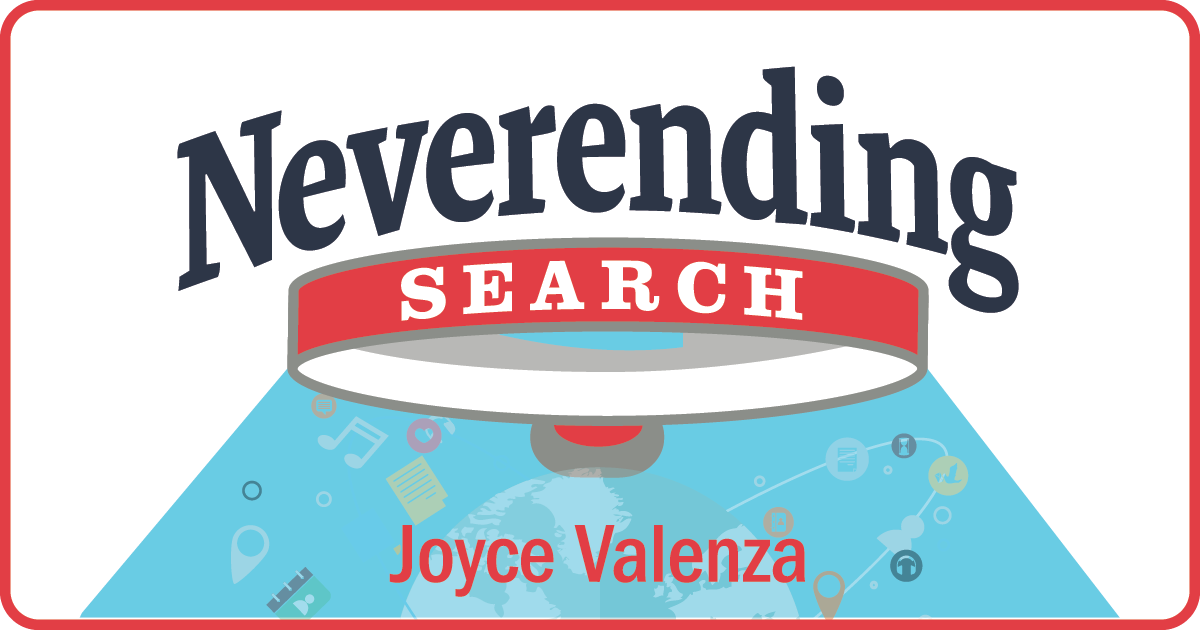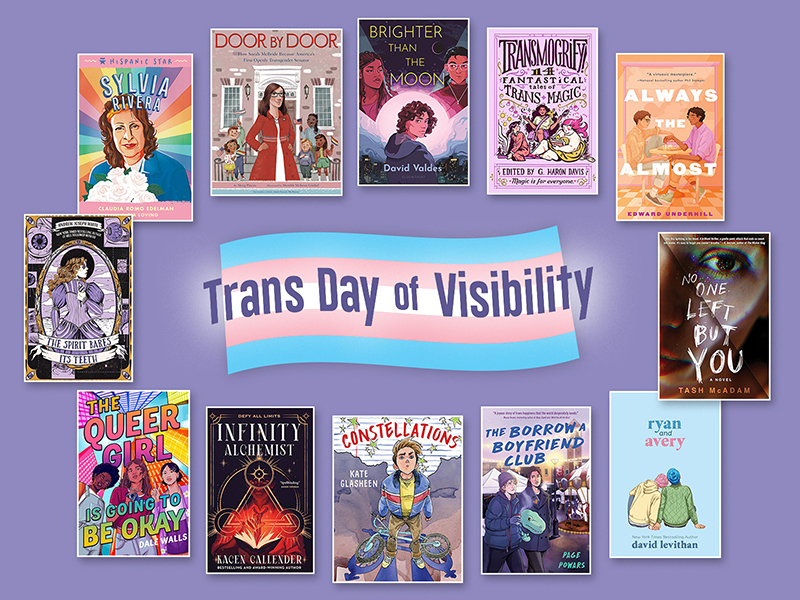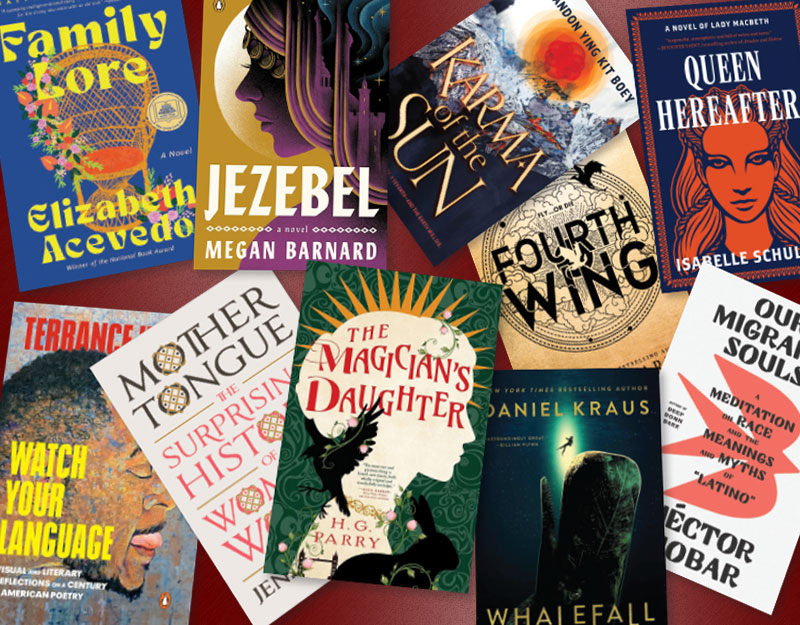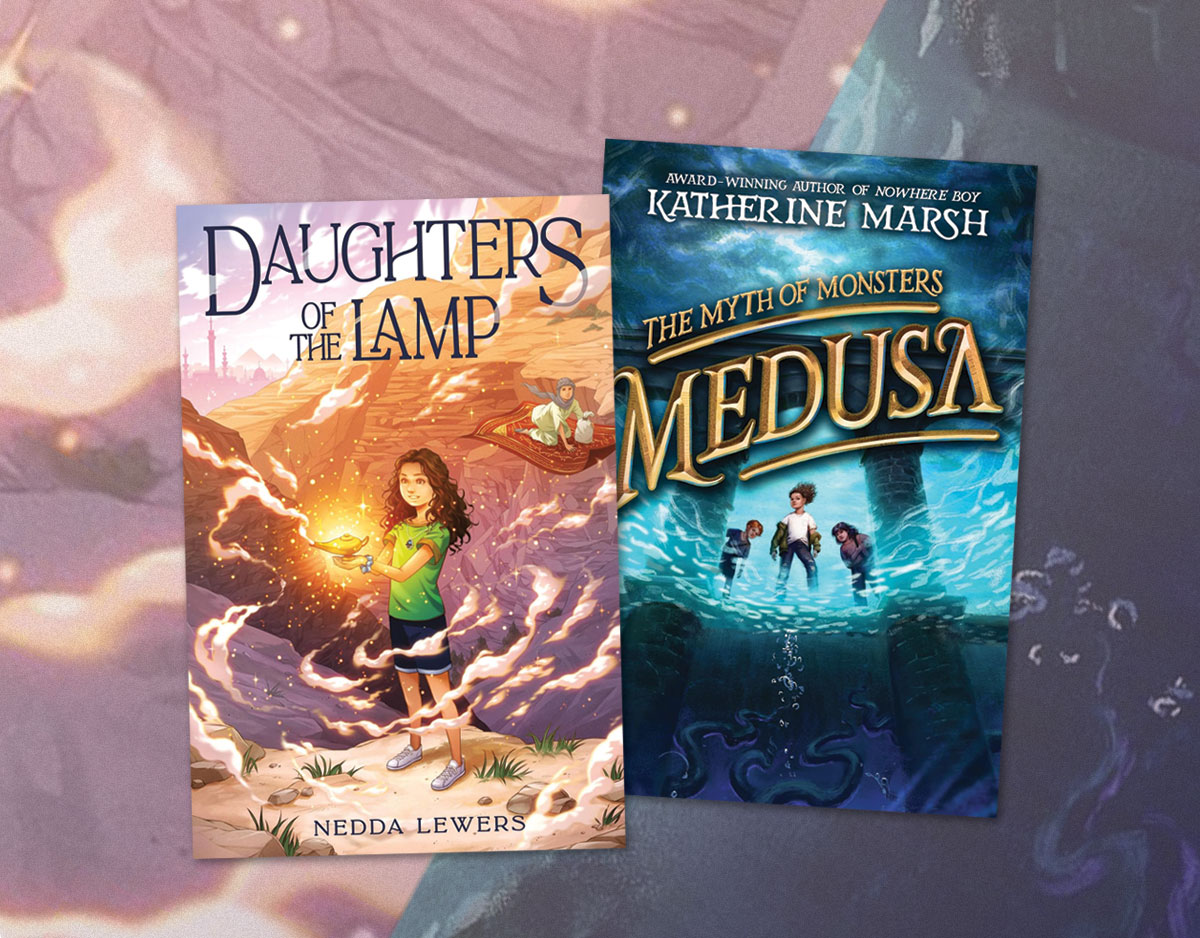SCROLL DOWN TO READ THE POST
Tell me, what do you teach?
In It’s a Wonderful Life, George Bailey was forced to consider what would happen to Bedford Falls had he never lived.
Perhaps, like George, it is time for us to seriously consider our full impact on those around us. Perhaps, it is time to explain exactly what our own Pottervilles might look like should short-sighted Potter-types prevail in our own towns and districts.
(For recent evidence of Potterism, see this post and this SLJ story regarding the LAUSD interrogations and this story on the zeroing out of funding for the federal Improving Literacy through School Libraries Program. See also ALA President Roberta Stevens and AASL President Nancy Everhart’s open letter to LAUSD objecting to the librarians’ treatment and the defunding of their positions. And most recently, see Nora Murphy’s touching and surprisingly positive reflection on the process she faced as she faces her final days with LAUSD.)
ADVERTISEMENT
ADVERTISEMENT
Hector Tobar’s powerful story in the Los Angeles Times and Southern California’s Public Radio broadcast, LAUSD librarians, fighting for their jobs, get a grilling | 89.3 KPCC described the disgraceful interrogations during which dozens of TLs, lesson plans in hand, had to defend their positions and whether or not they taught. (And, more importantly, whether or not they took attendance.) The story was also picked up by NPR.
All this has me laying awake at night wondering what I would say if I were sitting in one of those interrogation rooms. All this (the story, the comments, the posts, the radio show callers) has me again worrying that we have not made it perfectly clear that we teach and what we teach.
Our most ardent advocates, though they defend us on principle, on fond personal memories, and on what libraries stand for in American culture and history, may not really understand where we fit in the learning culture of a school.
Even the well-meaning Tobar, clearly a supporter of libraries, does not see library as classroom or a space with energy. He ends his first piece:
It doesn’t seem right to punish an educator for choosing the quiet and contemplation of book stacks over the noise and hubbub of a classroom or a gymnasium. But that’s where we are in these strange and stupid times.
Yet, after his visit with librarian Rosemarie Bernier, Behind Student Success, an LAUSD Librarian–another LAUSD teacher-librarian facing layoff–he notes that librarians are the original information aggregators. It’s a job they’ve been doing since ancient times, from scrolls and parchment to virtual books and digital databases and that part of Bernier’s job is to teach “digital literacy.” In fact, she helped write the state standards for digital literacy for high school students.
Charles Simic, writing A Country Without Libraries, for the New York Review of Books, concludes an eloquent and ardent post:
How many book lovers among the young has the Internet produced? Far fewer, I suspect, than the millions libraries have turned out over the last hundred years. Their slow disappearance is a tragedy, not just for those impoverished towns and cities, but for everyone everywhere terrified at the thought of a country without libraries.
Though Seth Godin may not have acknowledged that many of us are already realizing his vision for the next library and the right librarian: he gets where many of us already work:
The next library is a place, still. A place where people come together to do co-working and coordinate and invent projects worth working on together. Aided by a librarian who understands the Mesh, a librarian who can bring domain knowledge and people knowledge and access to information to bear. . .
The vibe of the best Brooklyn coffee shop combined with a passionate raconteur of information? There are one thousand things that could be done in a place like this, all built around one mission: take the world of data, combine it with the people in this community and create value.
We need librarians more than we ever did. What we don’t need are mere clerks who guard dead paper. Librarians are too important to be a dwindling voice in our culture. For the right librarian, this is the chance of a lifetime.
How do we get others to understand what we actually do/teach?
Inspired by a NYS administrator who did not value the work of TLs–or the potential for our physical and virtual spaces–back in November, I posted What Librarians Make, a description of what we do in the style of a Taylor Mali poem.
But it was too long. And it didn’t solely address teaching.
We must be able to more quickly draw a picture of what we teach and what we mean to the learning community. Recently, AASL President Nancy Everhart released a list of 100 things students would miss if there were no school libraries in their buildings.
I’ve been playing with a more personal list of what I teach. Your version will likely differ a bit, but here’s a draft of my poster:
(Note regarding the movie: Yes, I am purposely avoiding mention of George’s wife Mary’s terrible alternate fate.)
Filed under: advocacy, librarians, libraries, teacher librarians, tight times
About Joyce Valenza
Joyce is an Assistant Professor of Teaching at Rutgers University School of Information and Communication, a technology writer, speaker, blogger and learner. Follow her on Twitter: @joycevalenza
ADVERTISEMENT
SLJ Blog Network
The Moral Dilemma of THE MONSTER AT THE END OF THIS BOOK
Cover Reveal and Q&A: The One and Only Googoosh with Azadeh Westergaard
K is in Trouble | Review
A Reading Community: A Love Letter to Local Independent Bookstores, a guest post by Heather Del Piano
The Classroom Bookshelf is Moving
ADVERTISEMENT
ADVERTISEMENT








